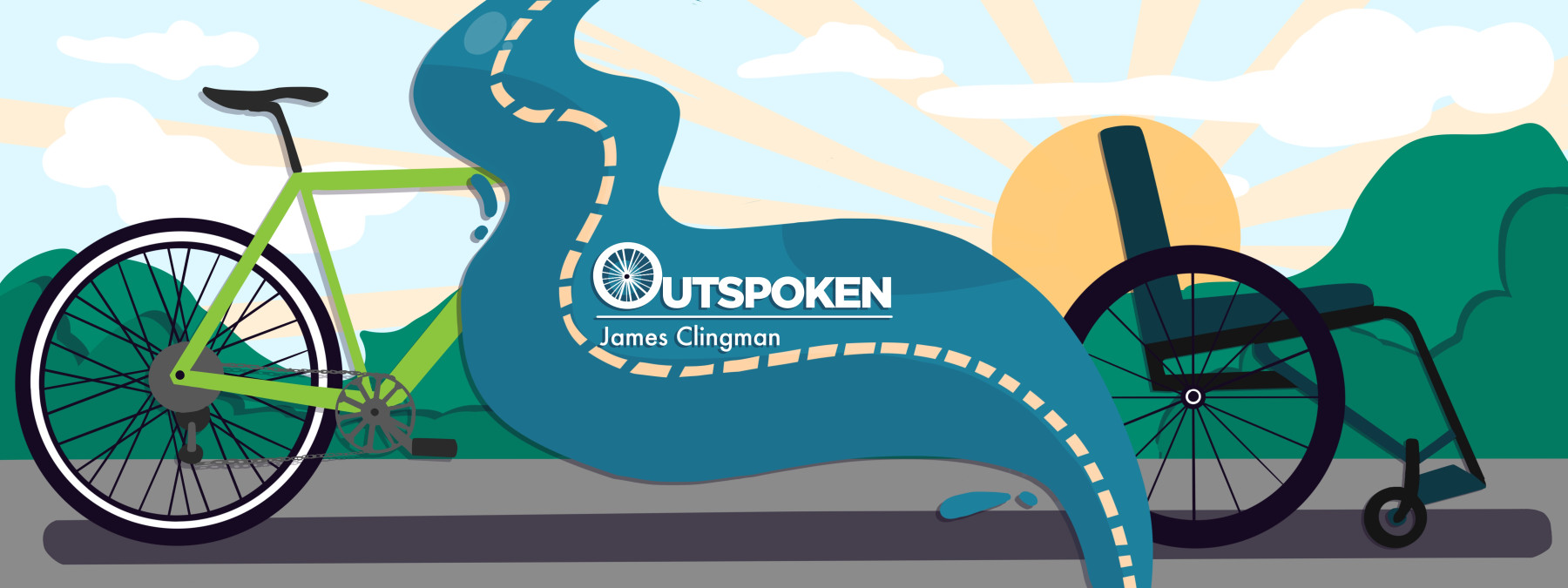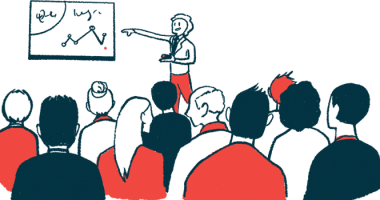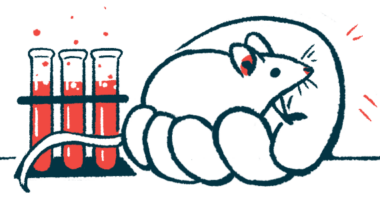Even with ALS, we can use what we have to help ourselves and others
Like MacGyver, we may find that solutions are closer than we realize

Remember “MacGyver“? In this TV series from the 1980s and early ’90s, the titular secret agent always found himself in an untenable predicament and used whatever was around him to devise a solution. Whether it was a paper clip, a thumbtack, or a toothpick, MacGyver was able to employ any device to bring about a positive outcome.
He didn’t just make lemonade from the lemons of life — he made lemon pie, lemon pudding, and lemon tarts. No predicament was so daunting that he couldn’t conquer it by using the simple and often taken-for-granted resources available to him.
He would look around and find an item, pull something out of his pocket, hook it together, and make gadgets to escape danger or help someone else get out of a particular situation. The name MacGyver eventually became an iconic verb used to describe innovative fixes to difficult problems, all because he used what he had.
Attitude is key
Sometimes the answer to our dilemma is closer to us than we realize. Many of us with ALS concentrate on what we’ve lost rather than what we have left. Self-esteem and value to society are critical traits for everyone. It’s a matter of continuous reinforcement, though.
I know I’m oversimplifying because MacGyver also possessed a great deal of aptitude. My point, however, is based on attitude. Do we ALS patients have the right attitudes to use the abilities we have to do whatever we can to help us and others get through life’s predicaments?
Having seen and heard patients describe how they are traversing the ALS mountains and valleys, I know many need Sherpa to carry the load sometimes. And that includes me.
Using what we have left in our bodies and minds is vital to our very survival. If we think we are useless and have nothing to offer the world, we will waste away, often taking our innate resources with us. Using our thumbtacks and toothpicks to help others is a laudable endeavor, the results of which we may not ever see. But it’s worth it.
No matter how lacking, depleted, and empty we may feel, we still have knowledge and aptitude. The question is: Do we have the proper attitude? I know how hard it is to keep moving forward, but just when I get to the point of quitting, something causes me to stay with it.
It’s not what we drive, it’s what drives us. It’s not what we live in, it’s what lives inside of us. In the final analysis, our lives will be measured by our ability to look into a mirror and like what we see. We will be defined not by what we had but by what we did with what we had. And that includes having ALS.
If you haven’t done so already, take an inventory of your resources. Do they include knowledge of family history, spiritual encouragement, a book inside you that you should write, the equipment you no longer need that another patient can use, or a beautiful smile you can share with someone? Use what you have to help others and to make yourself feel better.
Hey, MacGyver, do you happen to have a paper clip I can borrow?
Note: ALS News Today is strictly a news and information website about the disease. It does not provide medical advice, diagnosis, or treatment. This content is not intended to be a substitute for professional medical advice, diagnosis, or treatment. Always seek the advice of your physician or other qualified health provider with any questions you may have regarding a medical condition. Never disregard professional medical advice or delay in seeking it because of something you have read on this website. The opinions expressed in this column are not those of ALS News Today or its parent company, BioNews, and are intended to spark discussion about issues pertaining to ALS.








Comments